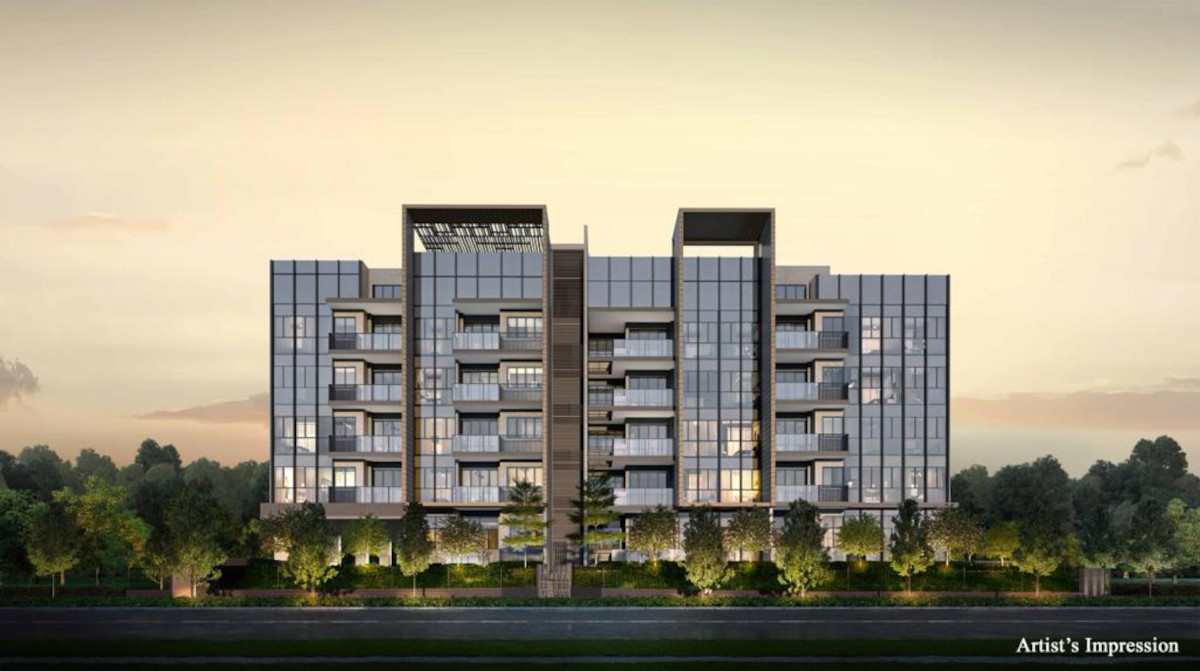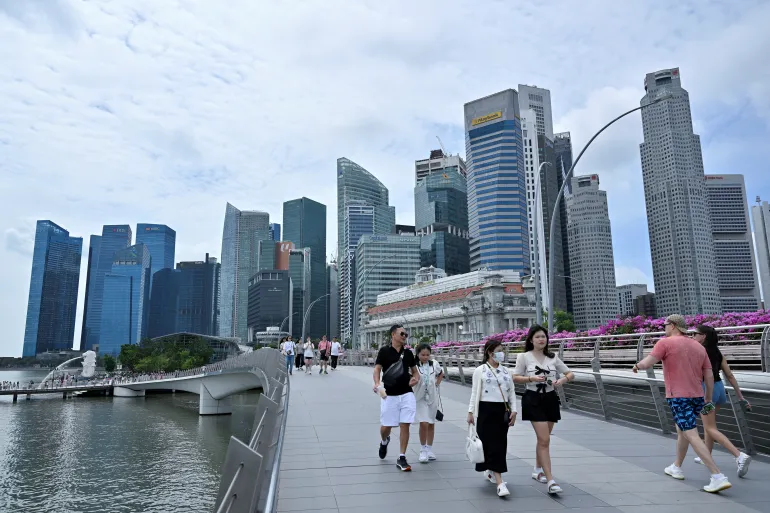An increasing number of discerning homebuyers in China have shifted their focus from investment properties to homes intended for personal occupancy. This transition has been catalyzed by a substantial surge in the supply of foreclosed properties, resulting in a pronounced reduction in property prices. This phenomenon is primarily attributed to the lifting of zero-Covid regulations earlier this year, which resolved delayed legal proceedings during the protracted pandemic period.
Lucas Huang, a 28-year-old professional in the banking industry residing in Shanghai, exemplifies this trend. After diligently exploring the real estate market for two years, he made the astute decision to acquire a foreclosed property in the city’s Pudong district. Mr. Huang invested 3.6 million yuan (US$500,000) in December for a 100-square-meter dwelling, considerably below the average price tag of 5 million yuan for a property of similar dimensions in a nearby neighborhood.
Bargains in Foreclosure Properties
This decision was motivated by a compelling financial rationale. Foreclosed properties often command prices significantly lower than those of newly constructed or conventional second-hand homes. Indeed, these distressed assets are now attracting a growing cohort of ordinary Chinese home seekers who are enticed by the prospect of substantial savings amidst an environment of oversupply and a somewhat sluggish economy.
Foreclosed properties, typically acquired by lenders and subsequently resold to the public due to borrowers’ inability to repay loans, frequently change hands at prices considerably below prevailing market rates. These discounts can be as substantial as 20% to 30%, according to available market data.
Rise in Foreclosure Properties in China
The upsurge in foreclosed properties entering the market this year, resulting from the resolution of pandemic-induced legal backlogs, has been remarkable. Nationwide, nearly a quarter of a million such properties were offered for sale in November alone—a figure that has doubled since October and risen by an impressive 177.35% compared to the same period last year, as reported by the Hanhai Data Research Institute, a Beijing-based firm specializing in distressed real estate.
With the surge in supply, property prices have experienced a notable decline. In tier-one cities like Beijing, the average selling price per square meter for foreclosed homes decreased by 3.13% in November compared to the previous month and 10.39% from the same period last year. These reductions are substantial when juxtaposed with regular non-foreclosed residences, which commanded an average price of 62,800 yuan per square meter—making foreclosed properties more appealing with discounts of up to 16.24%.
In Shanghai, a market that has experienced a significant correction over the past couple of years, foreclosed properties now offer compelling value propositions. In late 2021, prices of some foreclosed properties were on par with or even higher than those of second-hand homes. However, the landscape has changed, with the imposition of restrictions in January 2022 requiring purchasers to hold a local household registration document, known as a “hukou.” This regulatory change effectively deterred investors, opening the door for individual buyers who had been previously hesitant.
Liu Huanhuan, the General Manager of Huapai Auction in Shanghai, a firm specializing in distressed assets, particularly in the Yangtze River Delta region, observes this shifting trend. As investors have retreated from the market, regular homebuyers, driven by the desire for personal occupancy, have become the dominant force in the foreclosed home market, comprising 80% of all transactions.
Currently, ordinary buyers account for approximately 60% of foreclosed property purchases in tier-one cities and around 40% in lower-tier cities, according to conservative estimates by Huapai’s Liu.
The broader context of this transition is marked by a protracted decline in China’s new home prices, which have fallen for a fifth consecutive month as of November. Out of 70 cities tracked by the National Bureau of Statistics, 59 posted declines in home prices compared to the previous month. The challenges faced by existing homes are even more pronounced, with most cities experiencing varying degrees of price declines.
Uncertainty in China Property Market
In response to these challenges, authorities have introduced measures aimed at stimulating demand, including reductions in down payment ratios and extensions in the maximum mortgage loan repayment period. Nonetheless, uncertainties surrounding the property market’s future trajectory have cast a shadow over investor sentiment, prompting many to adopt a cautious stance.
Chinese property market is witnessing a noteworthy transformation, with ordinary homebuyers increasingly dominating the foreclosed property segment. This shift is driven by the compelling value propositions presented by distressed assets, as well as regulatory changes that have curtailed investor participation. As the market continues to evolve, it remains to be seen how these trends will impact China’s real estate landscape in the coming years.






